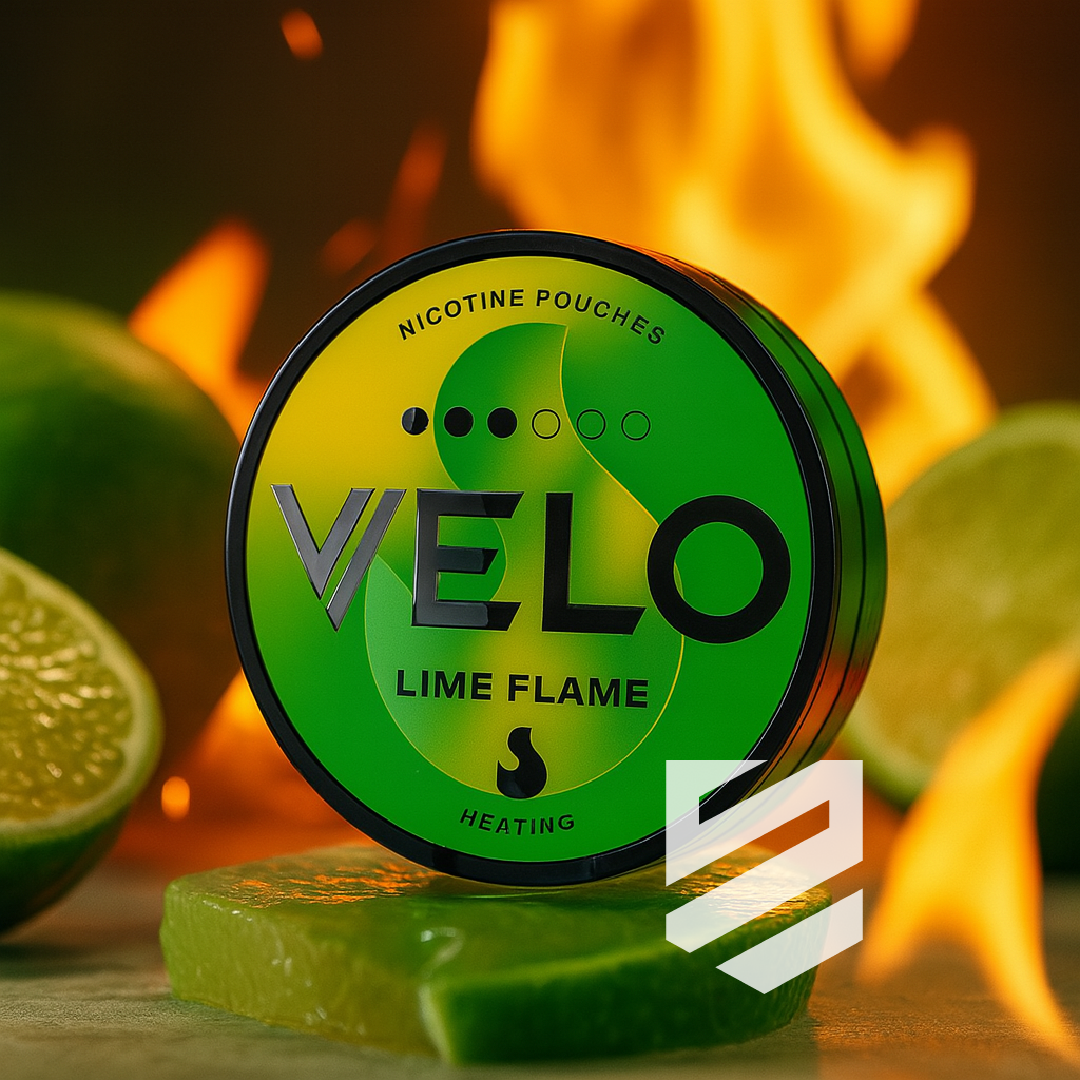Snus ist eine beliebte rauchfreie Tabakalternative, die besonders in Skandinavien und der Schweiz geschätzt wird. Doch immer mehr Menschen fragen sich: Ist Snus wirklich unbedenklich, oder birgt er gesundheitliche Risiken? In diesem Artikel beleuchten wir die wichtigsten Nebenwirkungen und Langzeitfolgen von Snus, um Unsicherheiten abzubauen und dich umfassend zu informieren.
Was ist Snus, und wie wird er verwendet?
Snus ist ein feuchtes Tabak/Nikotin Produkt, das in kleinen Portionen unter die Ober- oder Unterlippe gelegt wird. Die Wirkung entsteht, wenn Nikotin über die Mundschleimhaut ins Blut aufgenommen wird.
Was macht Snus besonders?
- Kein Rauch: Anders als Zigaretten produziert Snus keinen Rauch und belastet die Lunge nicht.
- Diskretion: Snus kann nahezu überall verwendet werden, ohne andere zu stören.
- Vielseitige Sorten: Von klassischem Tabakgeschmack bis zu fruchtigen und minzigen Varianten ist die Auswahl gross.
Wie wirkt Snus auf den Körper?
Die Wirkung von Snus hängt stark vom Nikotingehalt und der individuellen Toleranz ab.
Kurzfristige Wirkung
- Anregung: Nikotin führt zu einem Energieschub und kann die Konzentration steigern.
- Entspannung: Viele nutzen Snus, um Stress abzubauen.
- Nebenwirkungen: Kopfschmerzen, Schwindel oder Übelkeit können auftreten, besonders bei Neulingen oder bei Überdosierung.
Langfristige Wirkung
- Abhängigkeit: Nikotin in Snus macht süchtig, da es das Belohnungssystem im Gehirn beeinflusst.
- Mögliche Gesundheitsrisiken: Chronische Nutzung kann langfristige Folgen haben, auf die wir weiter unten eingehen.
Ist Snus schädlich? – Die Risiken und Nebenwirkungen im Detail
Obwohl Snus oft als weniger schädlich als Rauchen wahrgenommen wird, ist er keineswegs risikofrei.

Mögliche Nebenwirkungen
- Mundgesundheit:
- Zahnfleischprobleme wie Rückgang oder Reizungen durch den direkten Kontakt mit Snus.
- Zahnverfärbungen bei langfristigem Konsum.
- Mundschleimhaut:
- Reizungen oder Veränderungen der Schleimhaut, insbesondere bei hoch dosierten Varianten.
- Übelkeit und Schwindel:
- Besonders bei hohen Nikotindosen oder ungewohnten Nutzern.
Langzeitfolgen
- Erhöhtes Krebsrisiko: Studien deuten darauf hin, dass das Risiko für Mundhöhlen- oder Bauchspeicheldrüsenkrebs steigen kann.
- Herz-Kreislauf-Probleme: Durch die regelmässige Aufnahme von Nikotin können Blutdruck und Herzfrequenz langfristig negativ beeinflusst werden.
- Psychische Abhängigkeit: Neben der körperlichen Abhängigkeit entwickeln viele eine Gewohnheit, die schwer zu durchbrechen ist.
Snus im Vergleich: Unterschiede zu Zigaretten und Kautabak
Snus vs. Zigaretten
- Pro Snus: Kein Rauch, keine Belastung der Lunge durch Teer oder Kohlenmonoxid.
- Contra: Nikotinabhängigkeit bleibt bestehen.
Snus vs. Kautabak
- Pro Snus: Kein Kauen notwendig, diskreter Konsum.
- Contra: Ähnliche Risiken für die Mundschleimhaut und Zahnfleisch.
Wie kann man die Risiken von Snus minimieren?
Wenn du dich entscheidest, Snus zu konsumieren, gibt es einige Tipps, um die potenziellen Risiken zu verringern:
- Mässigung: Begrenze den Konsum, um eine Abhängigkeit zu vermeiden.
- Wechsel der Position: Lege die Portion nicht immer an die gleiche Stelle, um lokale Schäden am Zahnfleisch zu reduzieren.
- Regelmässige Zahnpflege: Eine gute Mundhygiene hilft, Schäden an Zähnen und Zahnfleisch vorzubeugen.
- Nikotinfreie Alternativen: Erwäge Sorten ohne Nikotin, wenn du auf den Geschmack und das Ritual nicht verzichten möchtest.
Vorteile und Nachteile von Snus
Vorteile
- Rauchfreie Alternative: Keine Belastung für die Lunge oder die Umwelt.
- Diskrete Nutzung: Einfach anzuwenden, ohne andere zu stören.
- Geschmacksvielfalt: Von fruchtig bis klassisch ist für jeden etwas dabei.
Nachteile
- Gesundheitsrisiken: Von Zahnfleischproblemen bis hin zu Krebsrisiken ist der Konsum nicht risikofrei.
- Abhängigkeitspotenzial: Hoher Nikotingehalt kann zu Sucht führen.
- Einschränkungen: In vielen Ländern, wie der EU, ist Snus (ausser in Schweden) nicht frei verkäuflich.













Share:
Was ist Tabak Snus? Wirkung, Herkunft und alles über Snus in der Schweiz
Wie viele Zigaretten entspricht ein Snus? Der grosse Vergleich